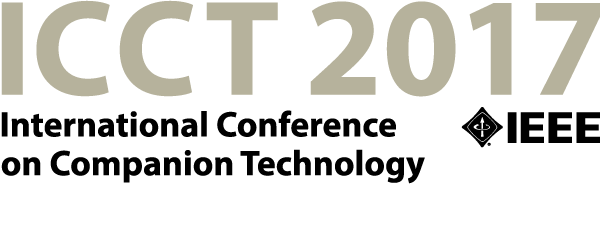Abstract
In conversation, speakers often adapt aspects of their speaking style to the style of their conversational partner. This phenomenon goes by many names, including entrainment, adaptation, and alignment. In this talk, I will describe results from experiments on English and Mandarin prosodic entrainment in the Columbia Games Corpus and in the Tongji Games Corpus, large corpora of speech recorded from subjects playing a series of computer games. I also will discuss experiments relating entrainment to several social dimensions, including likeability and dominance, and its relationship to higher level prosodic features. Finally, I will describe experiment with systems that entrain to their users in a set of “Go-Fish” games created in English, Porteño Spanish, and Slovak, as well as other ongoing research studying entrainment in deceptive speech and in linguistic code-switching. This is joint work with Štefan Beňuš, Nishmar Cestero, Agustín Gravano, Rivka Levitan, Sarah Ita Levitan, and Zhihua Xia.
Vita
Julia Hirschberg is Percy K. and Vida L. W. Hudson Professor and Chair of Computer Science at Columbia University. She previously worked at Bell Laboratories and AT&T Labs where she created the HCI Research Department. She served on the Association for Computational Linguistics executive board (1993-2003), the International Speech Communication Association board (1999-2007; 2005-7 as president), and the International Conference on Spoken Language Processing board (1996–). She has been editor of Computational Linguistics and Speech Communication, is a fellow of AAAI, ISCA, ACL, ACM, and IEEE, and a member of the National Academy of Engineering. She has received the IEEE James L. Flanagan Speech and Audio Processing Award and the ISCA Medal for Scientific Achievement. She currently the serves on the IEEE Speech and Language Processing Technical Committee, is co-chair of CRA-W Board, and has worked for diversity for many years at AT&T and Columbia. She works on spoken language processing and NLP, studying text-to-speech synthesis, spoken dialogue systems, entrainment in conversation, detection of deceptive and emotional speech, hedging behavior, and linguistic code-switching (language mixing).
